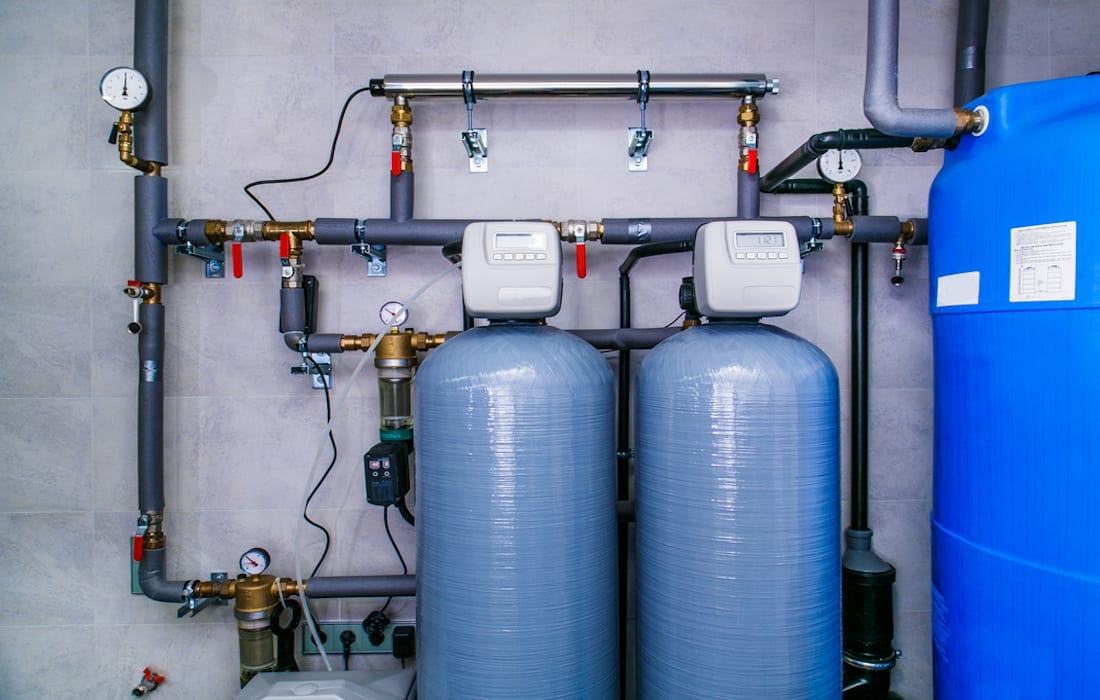
Softeners Have you ever noticed white stains on your bathroom tiles, cloudy glasses after a wash, or dry, itchy skin even after a shower? These could be signs that your water is hard. But don’t worry there’s a simple solution called a water softener.
In this article, you’ll learn what a softener is, how it works, why you might need one, and how it can improve your home and health. Whether you are a homeowner or just curious, this easy guide will help you understand the basics of softeners in no time.
Before we talk about softeners, let’s understand what hard water is.
Hard water is water that contains high levels of minerals mainly calcium and magnesium. These minerals aren’t harmful to your health, but they can cause many problems in your home.
Signs of hard water:
Hard water is very common in many parts of the world, especially in areas that get water from underground sources.
A water softener is a device that removes the calcium and magnesium from water and replaces them with sodium or potassium. This process is called ion exchange.
The result? Soft water that is gentle on your skin, your clothes, and your home appliances.
Water softeners might sound technical, but the idea is easy to understand. Here’s how it works:
Most softeners regenerate automatically based on how much water is used. This means you don’t have to worry about it once it’s set up.
Installing a water softener can bring many advantages, both short-term and long-term.
1. Cleaner Home
2. Better Skin and Hair
3. Longer Appliance Life
4. Lower Energy Bills
5. Save on Soap and Shampoo
Yes, there are a few different kinds of softeners. Each has its own pros and cons.
1. Salt-Based Water Softeners
These are the most common. They use sodium to replace calcium and magnesium. They are highly effective but need salt refills.
2. Salt-Free Water Conditioners
These don’t remove minerals but change their structure to prevent build-up. They are easier to maintain but may not be as effective in very hard water areas.
3. Dual-Tank Water Softeners
Perfect for large families or businesses. One tank works while the other regenerates, ensuring constant soft water.
4. Magnetic or Electronic Descalers
These are small devices that attach to your pipes. They don’t soften the water but help reduce scale build-up. They’re more of a short-term or low-cost option.
Here are a few signs you might need a softener:
If you’re not sure, you can test your water. Home water testing kits are available online, or you can contact a local plumber or water treatment company.
Before purchasing, keep these factors in mind:
1. Water Hardness Level
Get your water tested to know how hard it is.
2. Size of Household
More people = more water usage. Choose a model that can handle your daily needs.
3. Budget
Softeners can range from ₹15,000 to ₹1,00,000+ depending on size and type.
4. Maintenance Needs
Some models need regular salt refills or cleaning. Others are more hands-off.
5. Installation Space
Check where you’ll install it usually near your main water line.
Yes, it is generally safe. However, if you are on a low-sodium diet, talk to your doctor. You can also install a separate drinking water filter to remove any added sodium or choose potassium-based softeners.
Learning about softeners is the first step to solving common home and health issues caused by hard water. A water softener can bring you cleaner dishes, smoother skin, longer-lasting appliances, and savings over time.
If you’re struggling with hard water problems, don’t wait. Test your water, explore your softener options, and choose the best solution for your home.
Read More:- Shobha Realty Launches Its Most Luxurious Project Yet—Full Details Inside 2025
